PSD Letter Dog
How to Get a Psychiatric Service Dog Letter
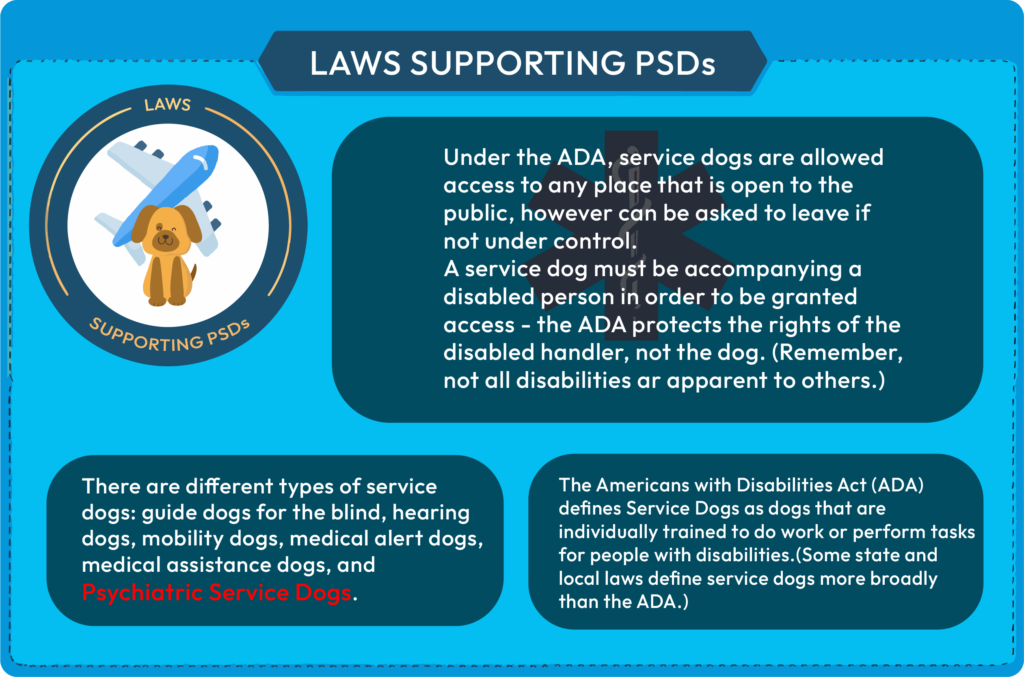
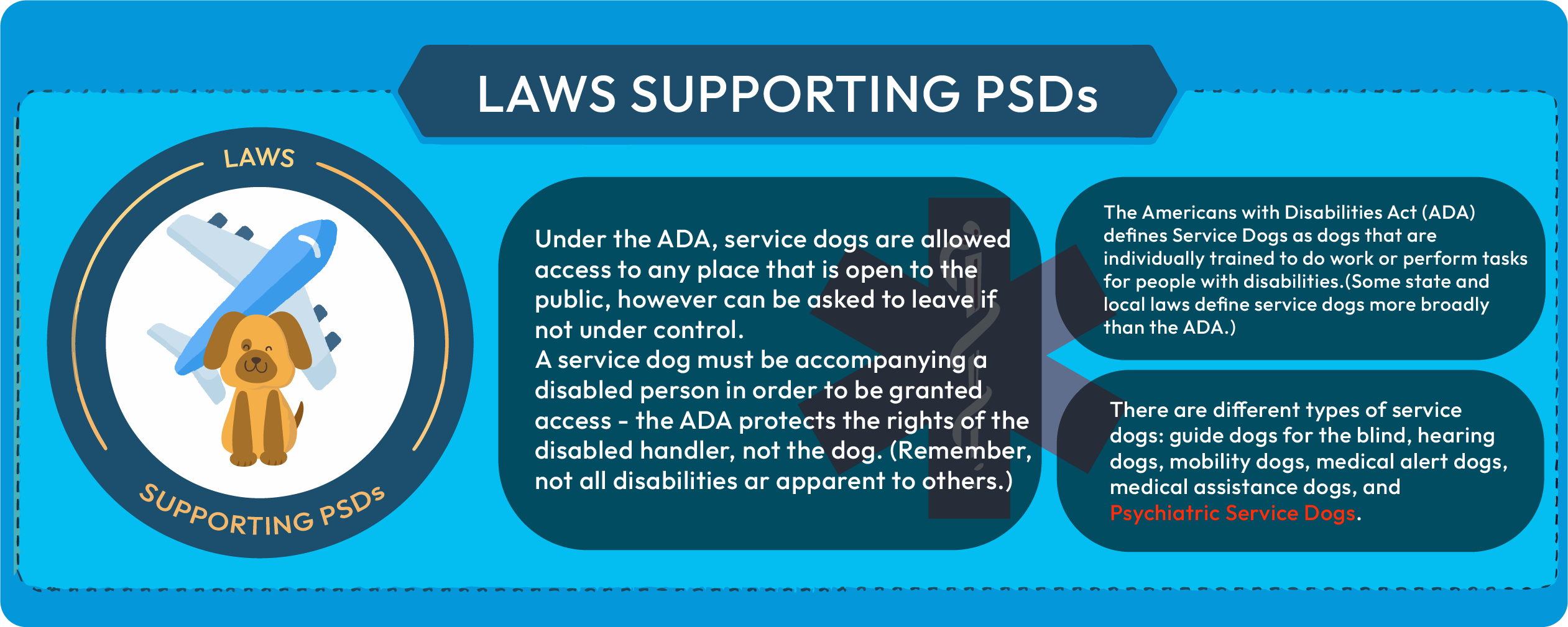
PSD & ESA Approvals in 24-48 Hours
Get your PSD Letter with Ease
A psychiatric service dog (PSD) letter is granted by a licensed medical professional indicating that a dog can assist you if you suffer from a psychiatric, physical, or emotional disability. The letter can be granted by counselors, psychologists, therapists, or doctors.
To qualify for the PSD letter as stipulated by the Americans with Disabilities Act (ADA), you must have an existing psychiatric disability that a licensed medical professional can verify. Notably, a PSD must undergo comprehensive training to perform various tasks that ensure a person with psychiatric issues has a positive life.
At Service Paws USA, we pair you with a licensed professional who can determine if you qualify for a PSD letter. When you have a PSD letter, you can travel with your dog on flights without incurring any costs. Also, the PSD is accommodated in public areas.
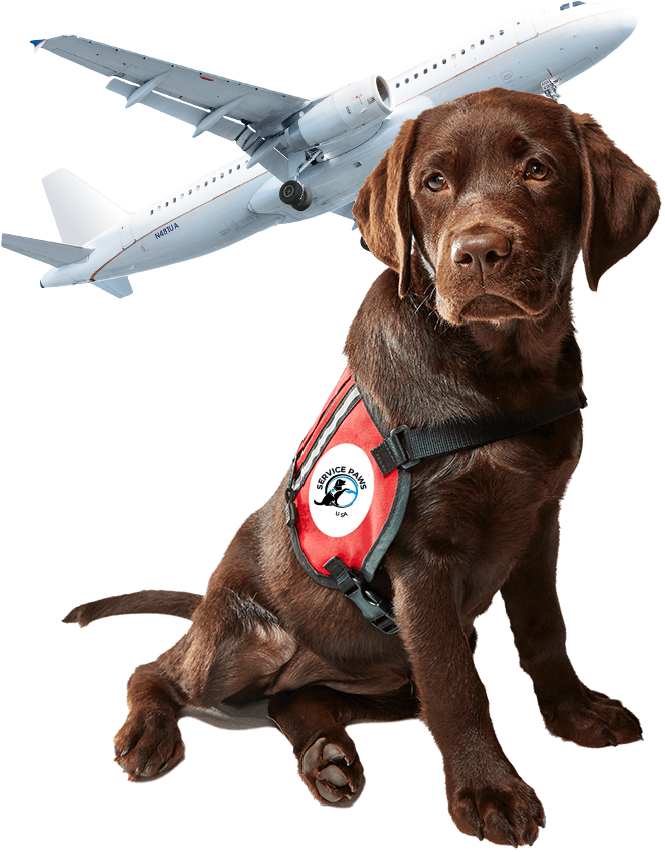
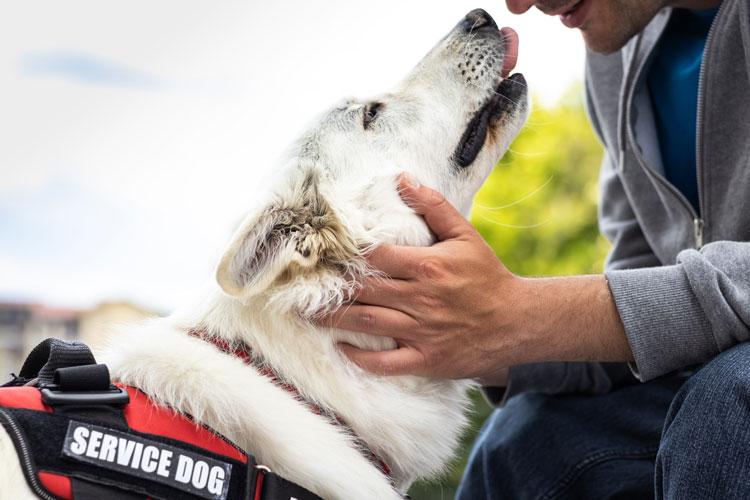
Psychiatric Service Dog Access Rights
Psychiatric service dogs have the same access rights as other types of service dogs. Under the ADA, state and local governments, businesses, and other organizations that serve the public have to let psychiatric service dogs accompany their owners in all areas where the public is allowed to go.
PSD handlers also have the right to live with their dogs in most types of housing under the Fair Housing Act. Owners of PSDs do not have to pay fees or deposits to their landlord or housing association in order to have a PSD in their residence. In addition, under the DOT’s air travel rules, PSDs are also allowed to fly in the cabin with their owners, free of charge. In order to fly with a PSD beginning on January 11th, 2021, airlines are allowed to ask PSD owners to submit a signed DOT Form form prior to departure. The form requires the owner to make various certifications, including that their psychiatric service dog has been trained to assist with a disability and is capable of behaving on a flight.
Below are examples of places a psychiatric service dog has access to:
⊛ Housing – apartment buildings, condos, rentals, hotels, college dorms, short-term rentals (Airbnb)
⊛ Transportation – airplanes, taxis, and trains
⊛ Public spaces – restaurants, offices, beaches, stores, parks, markets
No matter where you take your PSD, it’s always important to keep in mind that if your PSD is misbehaving it can be asked to leave the premises. Service animals can be denied entry if they are acting aggressively, barking or growling repeatedly, or causing an unsanitary condition. A psychiatric service dog must be under the handler’s control when out in public.
What are Psychiatric Service Dogs Trained to Do?
Psychiatric service dogs assist their owners by performing special tasks that can help alleviate the individual’s depression, anxiety, phobia, etc. These tasks will be specific to the PSD’s owner and will typically be something that the person cannot do themselves.
Assistance from psychiatric service dogs can be physical, or it can require the dog to use their natural senses. Either way, a trained PSD will typically serve as a buffer in certain situations and read signals from their handler to help them in whatever way is needed.
Here are just some of the many ways that a PSD can help their owner:
Ease Claustrophobia
In crowded and claustrophobic situations, a PSD can act as a non-protective buffer to provide their human with some needed space. The dog can increase the personal bubble by standing between their handler and other people so that their owner is at ease and comfortable.
Additionally, for some, visiting amusement parks, markets, or similarly crowded spaces can overwhelm a person and trigger anxiety and/or panic. A PSD will recognize the physical stress signs in their handler or read their handler’s signals and know to immediately lead their human to a spacious area.
Assess Any Threats
Approaching a space that should be empty can be a trigger for someone with PTSD, just as turning a corner can sometimes cause anxiety.
These simple life activities are trying for someone with PTSD or similar anxiety disorders. Having a dog enter a space and carry out a room search can be incredibly calming for such an individual.
Therapeutic and Tactile Distraction
Tactile stimulation and pressure therapy can help ground a person and offer a therapeutic distraction from anxiety, depression, or a pending panic attack from PTSD.
Dogs can be trained to place pressure on their handler’s chest or lap to encourage emotional regulation and bring calm to a situation.
Medical Assistance or Reminder
A psychiatric service dog can remind their handler when it’s time for medication and continue to pester them until they take their drugs.
If an individual cannot retrieve the medication due to nausea or lethargy, they can train their dog to fetch it for them, along with a bottle of water.
Balance Assistance
Prescribed medication for some mental health disorders may result in side effects such as lethargy, lameness, and confusion. This can make it challenging for an individual to walk without balance assistance.
A psychiatric service dog can move their handler to a safe space or support them with a harness in these situations.
Night Terror Alert
Service animals can wake their handlers during a night terror and provide a distraction from a harrowing flashback.
By reorientating their handler, the PSD can assist in lifting them out of a terrifying episode.
Retrieve Help
Individuals who suffer from certain psychiatric disabilities can find themselves in situations where crippling fears and escalating symptoms could necessitate medical assistance.
This is sometimes seen in those with PTSD or anxiety disorders. Service dog handlers can signal to their service dog that they need to fetch help.
Relief from Sensory Overload or Stress
Some situations may prove to be stressful or overwhelming for people with certain mental health conditions. To avoid explanation or awkward departures, these individuals can signal to their psychiatric service dog to tug at their leg, as if signaling for a toilet break.
This task may seem simple, but by avoiding the emotional buildup and social claustrophobia, the individual can regain emotional control.
Companionship
While PSDs are trained to perform specifics tasks, this does not take away from the fact that they are animals that display loyalty, love, and companionship for their handlers.
Endless studies share the many ways that dogs benefit our health, from an increased zest for life to even reducing blood pressure.
Selective Solitude or Reclusiveness
Psychiatric service dogs can encourage an individual to leave home and engage with people when they would usually opt for solitude.
A psychiatric service dog encourages ventures into the outdoors while also providing support for their owner when they get out of their comfort zone. Dogs can also facilitate social interactions while also putting their person at ease if such social situations become too stressful.

How It Works
You can always count on Service Paws USA to assist you as a person and not as a number.
-
Our expert support team can provide you with the necessary information for air travel and housing regulations.
-
Service Paws USA works with LMHP’s who follow state by state guidelines and privacy rules for your safety and security. We also encourage that you confirm credentials and any questions directly with your licensed mental health professional so you are well informed at all times.
-
Your licensed mental health professional will contact you directly and provide you with an ESA/PSD recommendation letter (if you qualify) based on federal and state regulations.
-
Regardless of whether you are approved for an ESA/PSD Letter or not, we will continue to assist you and work as your advocate. You are more than a number to us.
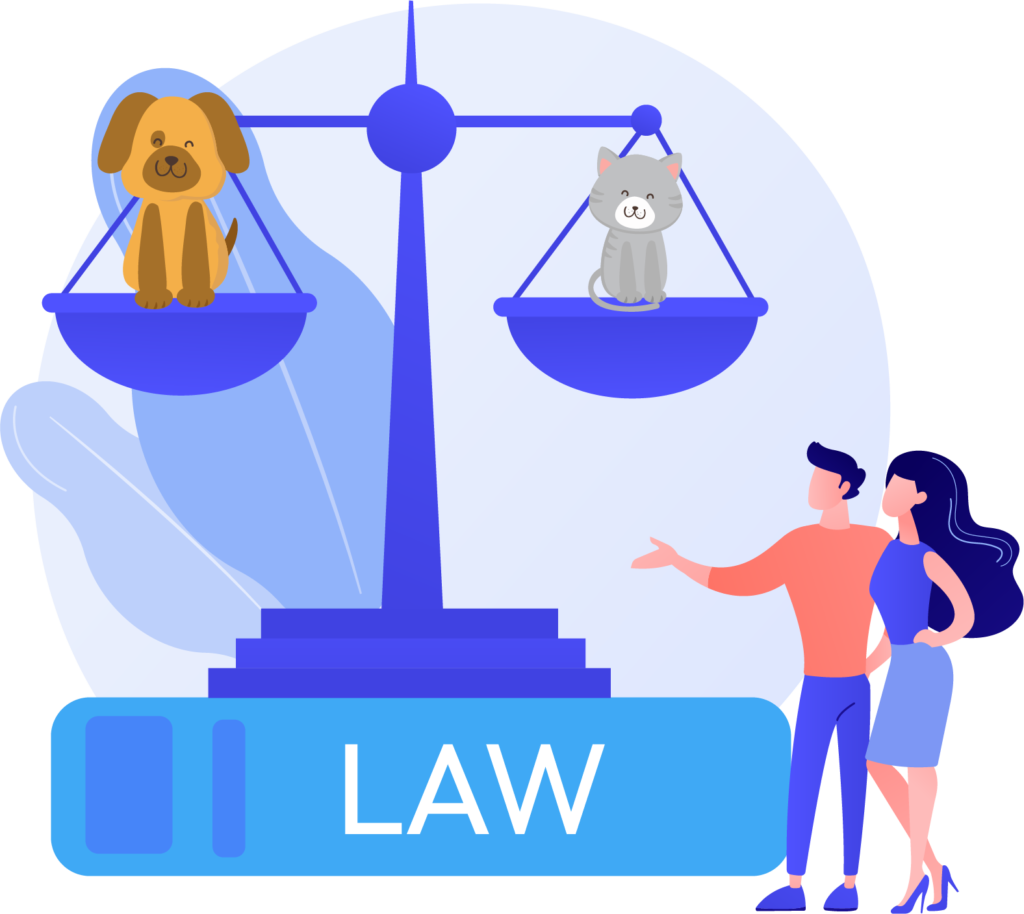
IN ACCORDANCE WITH THE AIR CARRIER ACCESS ACT (49 U.S.C. 41705 AND 14 C.F.R. 382)
U.S. and foreign air carriers are prohibited to discriminate on the basis of a patron’s mental or physical need for an assistance animal to assist with their disabilities.
Federally Protected Rights for Psychiatric Service Dogs
Those with service dogs rely on their animal to support them in various situations. The dog cannot perform his job, however, if he’s left at home or tied up outside a store.
Service dogs are therefore permitted public access to places where pets or emotional support animals are normally not allowed.
Federal laws protect and support psychiatric service dogs in the following ways:
- Public Access Rights
The ADA gives disabled persons the right to be accompanied by a service animal in public spaces. Service dogs must be well behaved, stay on the floor or in a harness, and cannot override public health rules (such as entering a public swimming pool).
Service animal handlers should be aware that religious institutions are exempt from the ADA and are not required to permit access to service dogs. Your state may have specific laws that apply in this case.
- Travel Privileges
The Air Carrier Access Act (ACAA) of 1986 prohibits refusal and discrimination towards individuals based on their disability and their need for a service animal to accompany them. The ACAA allows disabled owners to take their service animal onboard a flight, in the cabin, without paying extra fees.
For those who intend on traveling with their PSD, it’s important to note that the Department of Transportation (DOT) permits airlines the right to ask PSD owners to submit a certification form before departure. The form requires the individual to provide certain certifications, including proof that their PSD has been trained to assist with a disability and is capable of good behavior on a flight.
- Fair Housing
The Fair Housing Act (FHA) protects people with disabilities (mental or physical) from discrimination when it comes to accommodation.
Landlords cannot deny housing to anyone based on their diagnosis. People with assistance animals, such as PSDs, are protected under the FHA even if the property has a “no pet” policy.
- Educational Facility Access
The Individuals with Disabilities Education Act (IDEA) allows students to bring service dogs such as psychiatric services dogs into places of education.
The Department of Justice has guidelines and rules, but they are not clear-cut, and individual cases need to be discussed depending on your state and school.








